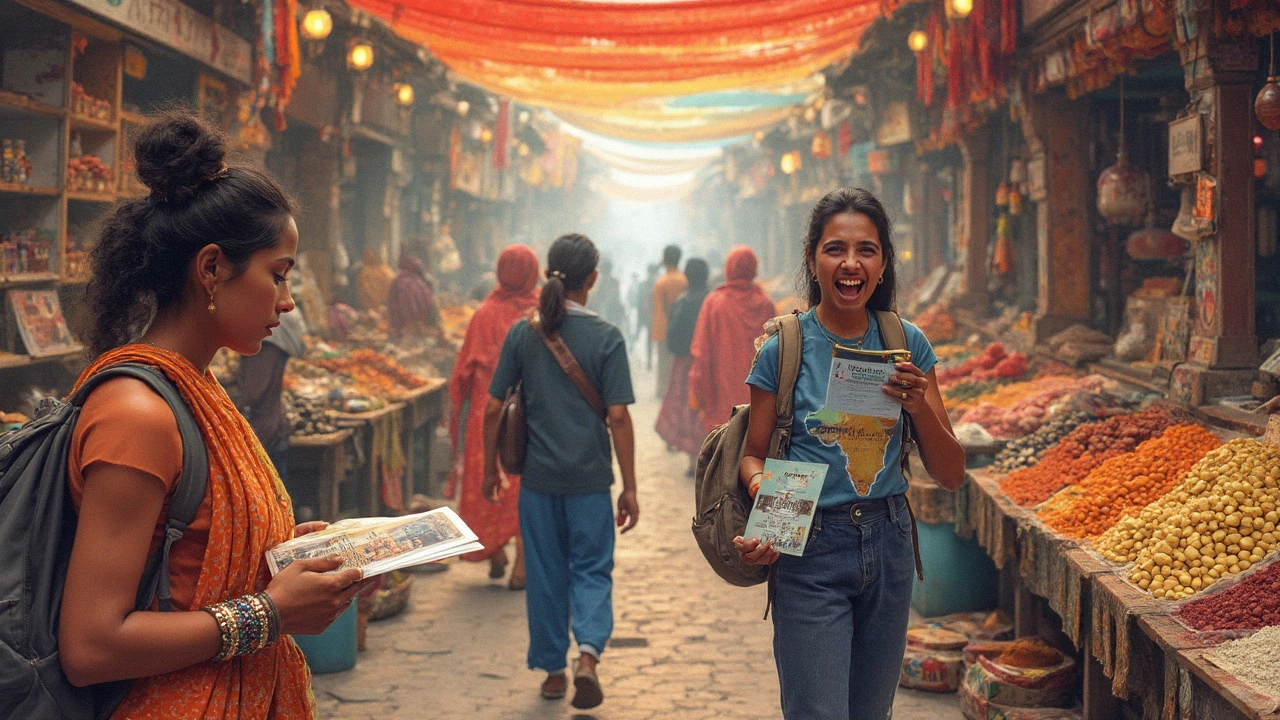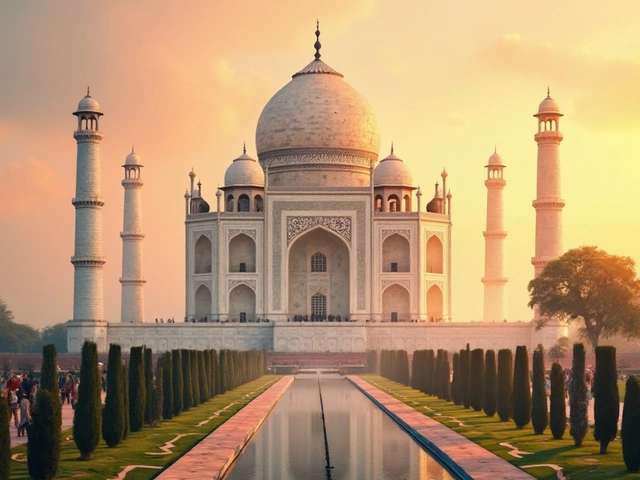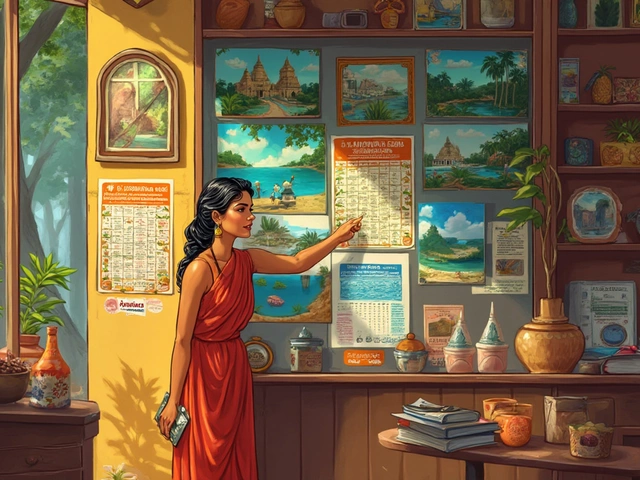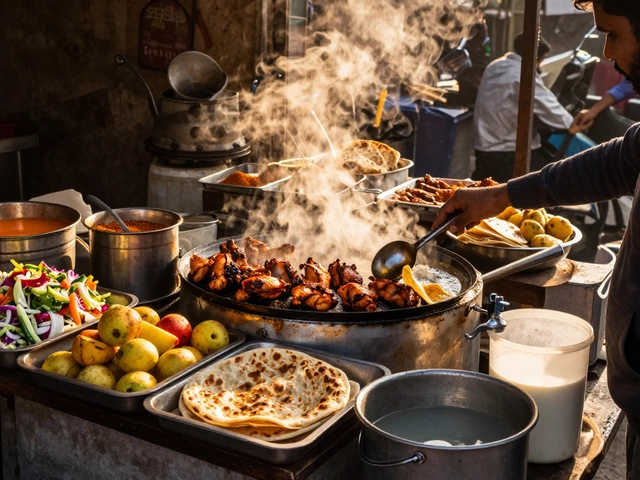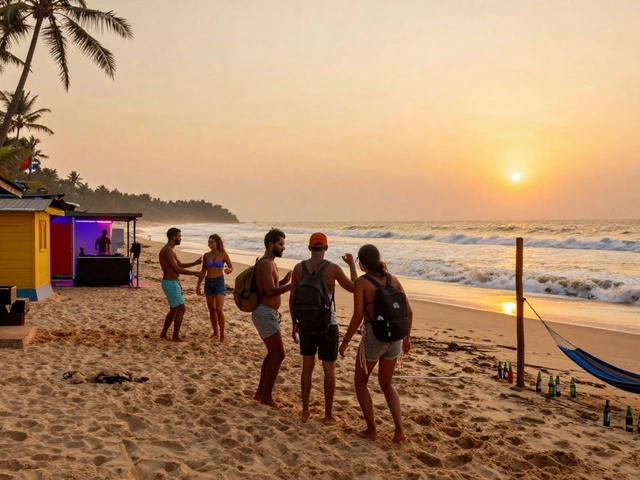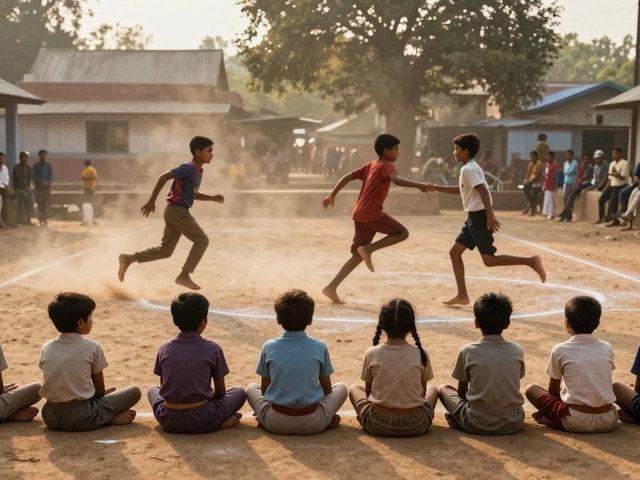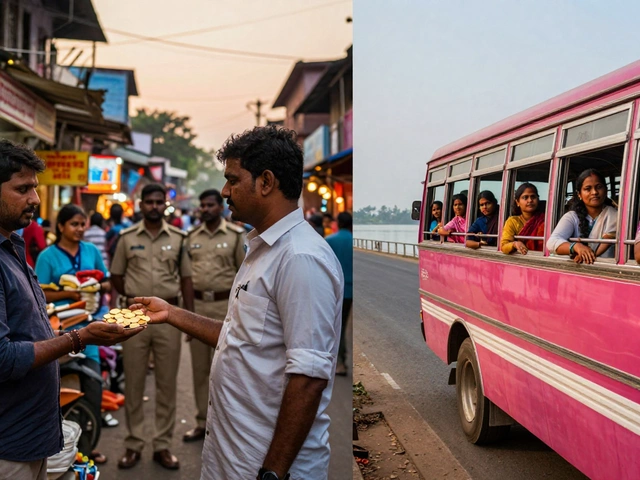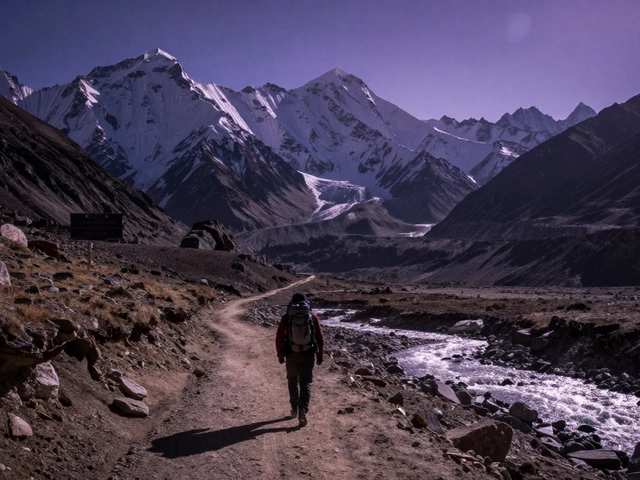So, you're planning a budget trip to India, and the topic of vaccinations pops up. Do you really need them, or is it just another travel expense digging into your pocket? Before you get overwhelmed, let's break it down.
First things first, some vaccinations are recommended for travel to India, depending on which areas you'll visit and your current health status. The usual suspects include hepatitis A and B, typhoid, and sometimes rabies if you plan on lots of contact with animals. Don't panic about costs just yet because there are ways to manage.
But what about misconceptions? Myths like 'I've had these vaccines from childhood' or 'I probably won't get sick' can get in the way of your decision. It's crucial to note that while some immunities last, others might need boosting, especially as adult boosters are fairly common.
- Understanding Required Vaccinations
- Common Misconceptions
- Money-Saving Tips
- Staying Healthy During Your Trip
Understanding Required Vaccinations
When planning a budget trip to India, vaccinations might seem like an unnecessary hassle, but trust me, they're super important for keeping you healthy on your adventure. Let's break down some key vaccinations you should consider.
Hepatitis A & B
Hepatitis A is spread through contaminated food and water, a common occurrence in many parts of India. Since tasting local cuisine is likely on your list, it’s a no-brainer. Hepatitis B is serious too, transmitted through contact with infected blood or other bodily fluids. It's worth the peace of mind.
Typhoid
Typhoid fever is another concern, mainly due to contaminated water. If you're eating from roadside stalls (which you totally should try), getting vaccinated for typhoid can save you from an upset stomach and more serious issues.
Rabies
If you're thinking of making friends with animals around, a rabies vaccination could be wise. Bites and scratches from stray dogs or other animals can lead to a significant health scare.
Malarial Precaution
India is a diverse country with varying levels of malaria risk in different regions. Keep an eye on the areas you're visiting and ensure you're adequately protected, whether by tablets or other measures.
| Vaccine | Importance |
|---|---|
| Hepatitis A | Protects against food and waterborne exposure |
| Hepatitis B | Prevents contact transmission via blood/bodily fluids |
| Typhoid | Guards against contaminated water |
| Rabies | Essential if interacting with local animals |
All these might sound like a lot, but don't stress out. Most of these vaccines last for years, so consider them an investment in all your future travels. Chat with your healthcare provider before you go, and you can save yourself a ton of anxiety and potentially huge medical bills!
Common Misconceptions
When it comes to vaccinations for India, a lot of myths and misconceptions circulate, messing with decision-making. Let's set things straight so you can make informed choices without all the confusion.
The 'I Had These Vaccines as a Kid' Myth
It's a common assumption that childhood immunizations are enough for travel. While many vaccines last a lifetime, others don't. For instance, your hepatitis A vaccine from when you were seven might not protect you now. Adult life changes your immunity game, so some boosters become necessary.
The 'I'm Not Visiting Remote Areas, So I'm Safe' Idea
Even if you're not venturing into jungle territories or offbeat paths, staying in cities doesn't entirely exempt you from health risks. Hepatitis A, for example, can be lurking in your street food, and typhoid is more common than you'd expect. So city-bound travelers, don't skip those shots!
The 'Vaccines Are Too Expensive' Belief
Budget travel doesn't have to mean skimping on health. It’s true that some vaccines can add up, but here are a few ways to save:
- Check if your health insurance covers travel vaccines. Some plans do, and that's a win!
- Visit clinics in university hospitals; they often offer cheaper vaccination options.
- Consider vaccine centers that provide package deals for travelers, which usually bring the overall cost down.
Fun Fact: Protecting Yourself is Protecting Others
Getting vaccinated doesn't just protect you. It keeps others safe too—like fellow travelers and locals you interact with. It's a win-win!
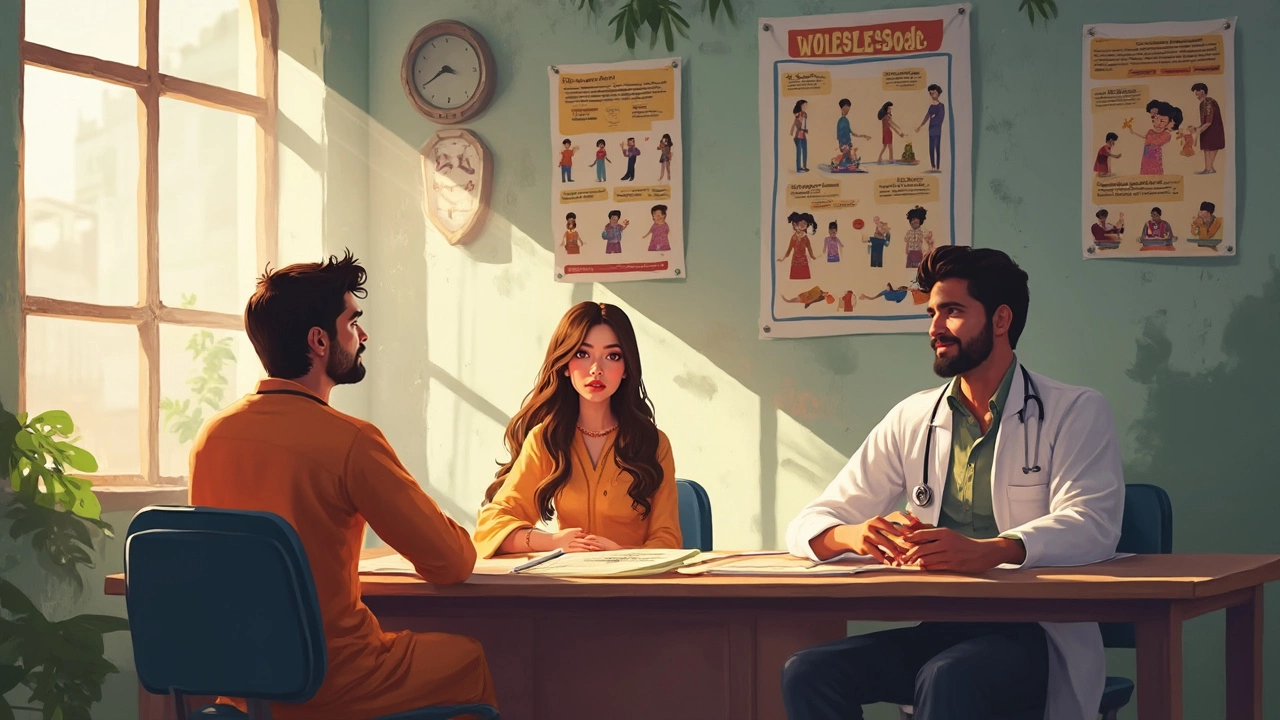
Money-Saving Tips
Travelling on a budget to India doesn't mean you have to ignore your health needs. There are smart ways to manage the cost without cutting corners. Here’s how you can save some bucks and get those important vaccinations.
Check for Health Insurance
If you have health insurance, give them a call to see if they cover travel vaccinations. While not all plans do, some insurers can surprise you with partial or full coverage, which can save you a chunk of change.
Clinic Shopping
Prices for immunizations can vary depending on where you go. Look around and compare prices among travel clinics, pharmacies, and your local health department. Sometimes local clinics offer lower rates or even free vaccines for certain demographics. Don't hesitate to ask!
Government Health Departments
In some areas, public health departments provide travel vaccinations at a reduced price, especially for diseases like typhoid and hepatitis A. It's worth checking their availability online or by phone.
Timing Your Vaccinations
If you're planning multiple trips in a year, consider which vaccines you can get ahead of time to serve for all your travels. Some vaccines cover regions beyond India, making them a worthwhile, long-term investment.
Digital Coupons and Discounts
Today's pharmacies and clinics often offer online coupons or discounts. Spending a few minutes researching online could lead to significant savings.
Community Resources
In some communities, non-profits and volunteer organizations offer free or low-cost vaccinations for travelers. They might require some paperwork, but it's usually straightforward and can lead to good savings.
| Source | Potential Savings |
|---|---|
| Health Insurance | Up to 100% |
| Local Clinics | Up to 50% |
| Online Coupons | 10-30% |
| Community Resources | 50-100% |
Remember, saving on vaccinations doesn't mean skipping them. It's about being smart and resourceful so you have a safe and enjoyable trip without blowing your budget.
Staying Healthy During Your Trip
Once you've sorted out the vaccinations, what's next on the list for a safe trip to India? It's all about keeping good habits and being mindful of what you eat and drink. Believe me, following a few simple tips can make a huge difference.
Food and Water Safety
Let's start with food. Indian cuisine is delicious, but if you're not used to it, it can put your stomach to the test. Stick to freshly cooked meals and avoid street food if it looks like it's been sitting out for a while. Use your judgment and trust your instincts—if something feels off, it's better to pass.
Water is another biggie. Tap water in India isn't always safe to drink, so opt for bottled water or use a reliable water purifier. It's a basic yet crucial step in staying healthy. Remember, this isn't just about drinking water; use bottled water for brushing your teeth and be wary of ice in drinks.
Hydration and Sun Protection
India can get seriously hot, and dehydration can sneak up faster than you think. Keep a bottle of water handy and take regular sips. Also, pack some rehydration salts; they're lifesavers if you end up feeling drained by the heat.
Apart from that, don't forget sunscreen. Even if you're someone who tans instead of burns, the sun can be harsh. Apply sunscreen daily, wear a hat, and try to stay in the shade during the peak sunny hours.
Know the Local Health Scene
It's smart to understand the healthcare landscape of your destination, especially when travelling on a budget. Carry a basic first aid kit and know the addresses of local pharmacies and hospitals. Many travelers swear by familiarizing themselves with key phrases like 'Pharmacy' or 'Doctor' in the local language—handy if you're off the beaten path.
Indeed, a little knowledge and preparation can go a long way in ensuring a great travel experience. Stay wise, stay safe, and make the most out of your time in India without worrying too much about your health.
